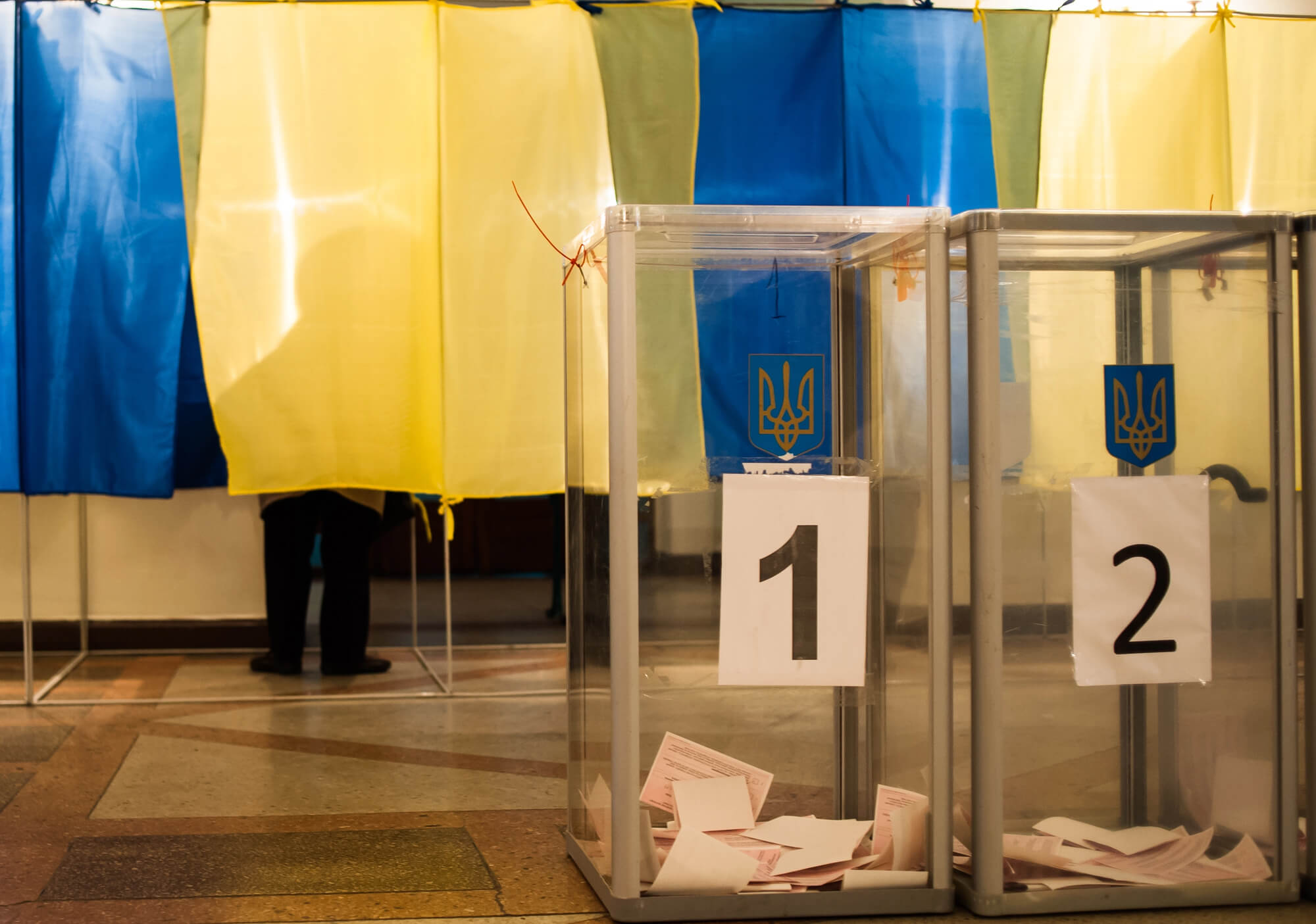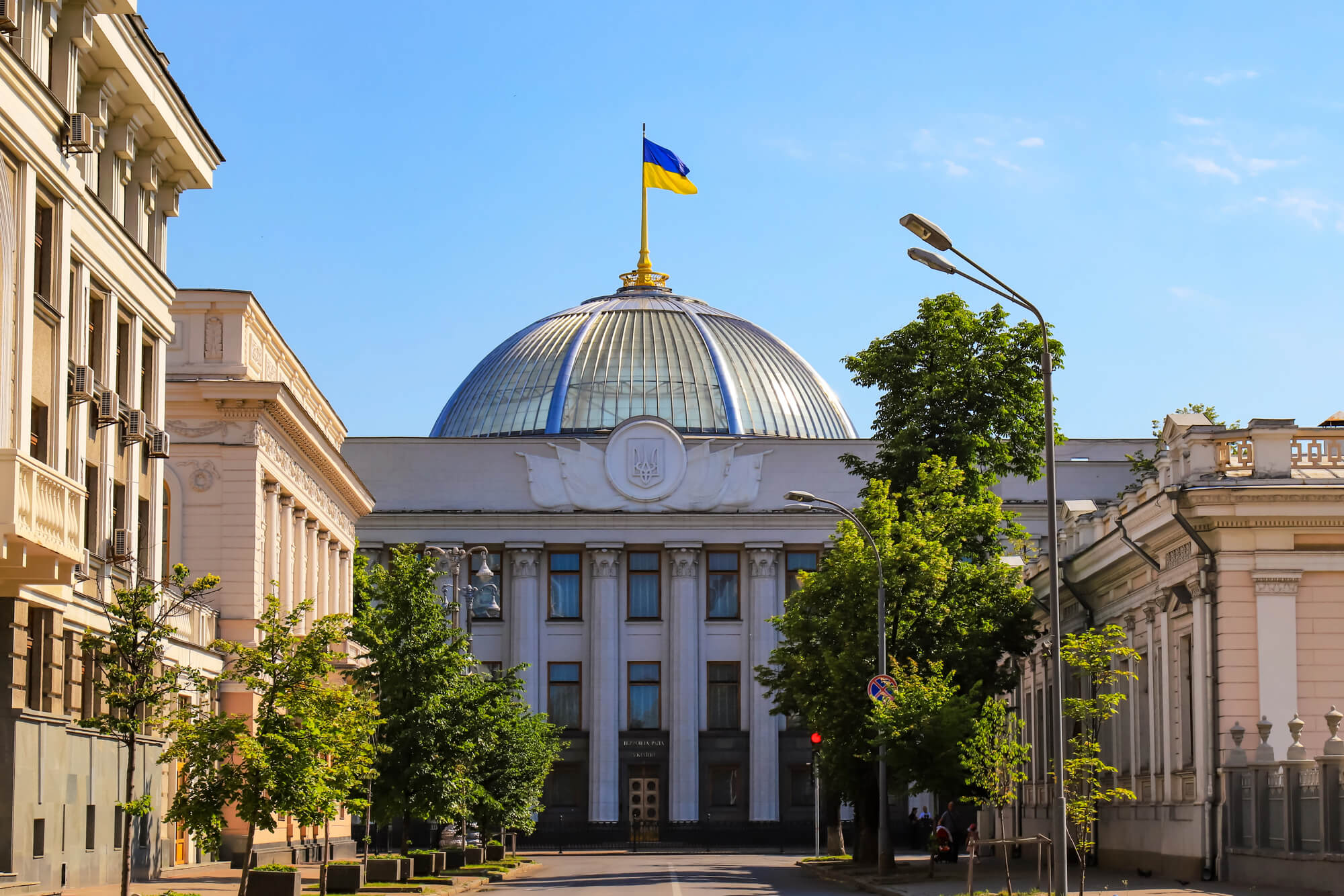An unexpected late-night call from Vladimir Putin to Barack Obama has raised hopes for a diplomatic solution to the Ukraine crisis. Do not hold your breath Washington D.C.! Putin’s vague assurances that Russia favors diplomacy over tanks were sufficient to lure John Kerry to redirect his plane to Paris for talks with his counterpart on Monday. But, rest assured, Putin’s diversion from arms to diplomacy is designed to test whether he can get the United States to sell out Ukraine without an invasion that would further isolate Russia and inflict serious damage on its economy.
Putin’s diplomats are already making the case for an agreement that creates an emasculated Ukraine comprised of loosely connected regions, each conducting its own economic and foreign policy (and free to join Russia if they wish), with a powerless figure-head government twiddling its thumbs in Kiev. And Ukraine: Say good by to joining the European Union under such circumstances. You are no longer a country.
Russia’s immediate target is Ukraine’s May 25 presidential election. If it proceeds smoothly and its results are as expected, Putin would loose his one rationale for armed and covert intervention: His claim that Ukraine’s illegitimate government, brought to power by an extremist-neo-Nazis Putsch, orchestrated by the United States, leaves him no choice but to intervene on behalf of Ukraine’s beleaguered ethnic Russians.
The expected election of a moderate reform president, with no record of ethnic enmity, and the miserly showing of right-wing candidates, would reveal to the world the hollowness of Putin’s portrayal of Ukraine as Serbia-Kosovo boiling cauldron of ethnic animosity. The Ukrainian people seem to be showing great wisdom in uniting behind a consensus candidate, whom the Russians would find difficult to discredit.
The timing of Putin’s bid for a diplomatic solution reflects the erosion of his Big Lie as he moves from the small Crimean to the big theater of Ukraine. Thinking people are beginning to ask why Putin’s propagandists can cite virtually no cases of Ukrainian-on-Russian ethnic violence, only a few victims of riots or random bullets. As OSCE observers fan out through Ukraine, they are also finding no instances of extremist or neo-Nazi violence other than events staged by Russian tituski (the Ukrainian slang for paid Russian provocateurs). As days pass, even observers sympathetic to Russia will increasingly understand the fiction of Putin’s Big Lie.
The impending May 25 presidential election poses an even greater threat to the Putin Big Lie narrative. Yesterday’s filing deadline brought forth five candidates. The front runner, Pyotr Poroshenko (UDAR Party), a Ukrainian businessman and pro-European member of parliament, is projected to garner 36 percent, after UDAR’s leader former boxing champion, Vitaly Klitschko, withdrew in favor of Poroshenko. Former prime minister, Yulia Timoshenko’santi-Russia program is projected to attract a voter tally of 11 percent, Kharkiv’s mayor, Mikhail Dobkin, representing Yanukovich’s Party of the Regions, is expected to gain 5 percent. The candidates of the two nationalist parties (Tyagnibok and Yarosh) are expected to gain one to two percent each.
Unlike the Crimean referendum, which took place under the tutelage of Kalashnikovs, criminal thugs, titoushki meddlers, and without international observers, the Ukrainian presidential election will be watched by hundreds of certified observers, monitoring polling places and the election count. The Ukrainian election commission, unlike its Russian counterpart, is allowing in all contenders, who can distribute their election material and most likely appear on Ukrainian media (which is currently blacked out in the East and South).
The Russian and Ukrainian people are not stupid, despite being barraged by Putin’s Big Lie. Russia’s rulers cannot afford to let their subjects see a real democratic election. For most Russians, quasi-democratic elections are, at best, a distant memory dating back to Boris Yeltsin.
Putin cannot allow this election to take place. It will reveal the trivial support for the so-called radical neo-Nazi nationalists. Putin cannot spin Poroshenko, who has served in several governments, into an anti-Russian neo-Nazi radical. True Timoshenko made inflammatory anti-Putin statements, which will limit her appeal to the broad Ukrainian electorate. It seems Ukrainian voters, who sympathize with her years in prison on trumped up charges, feel she had her chance to rule and failed. It is time for new blood.
Putin’s diplomatic push, therefore, is against the May 25 election. His diplomats propose (Lavrovand Itar-Tass News Agency) that the presidential election be declared illegal to be replaced by ill-defined regional and local referenda. Before any national election, Russian diplomats demand, Ukraine must adopt deep constitutional reforms (when and how?) so that they can have “a president supported by all.” (Quite a task in a country as divided as Putin would have us think).
Putin’s top diplomat (Lavrov) lays out the rationale for Russia’s proposed treatment of Ukraine as follows:
“Frankly speaking, we don’t see any other way for the steady development of the Ukrainian state apart from as a federation.”
Lavrov’s proposed plan calls for each region to:
“control of its economy, taxes, culture, language, education and external economic and cultural connections with neighboring countries or regions… Given the proportion of native Russians [in Ukraine], we propose this and we are sure there is no other way.”
In a word, Putin wants Ukraine to be partitioned into autonomous regions, with a figurehead national government in Kiev – a round-about way of breaking up Ukraine. And he expects Barack Obama to accept!
Putin’s diplomats warn the West that, if their proposals are not accepted, Russia reserves the right to take appropriate (military) action. In typical Russian negotiating style, the right to intervene militarily in Moldavian breakaway regions is added to the mix. (I guess the Baltic states are next).
What do Ukraine, the United States, and Europe get in return for the de facto breakup of Ukraine? Answer: The promise that Russia will not invade.
To their credit, the Ukrainian Foreign Ministry forcefully rejected Russia’s demands immediately as follows:
“The ultimatum and the didactic tone of these statements demonstrate that as the real aggressor Russia does not accept any control over its own behavior. Under the barrels of its machine guns, this aggressor demands only one thing — the complete capitulation of Ukraine, its dismemberment, and the destruction of Ukrainian statehood. Russia’s proposals for federalization, a second official language, and referendums are viewed in Ukraine as nothing less than proof of Russia’s aggression. We sincerely regret that Minister Sergei Lavrov had to voice them.”
Ukraine’s foreign ministry proceeded to return fire:
“We would like to propose to the Russian side that before issuing ultimatums to a sovereign and independent state, it turn its attention to the disastrous conditions and complete powerlessness of its own national minorities, including the Ukrainian one… Why not hold referendums on broad autonomy and, if necessary, the independence of the subjects of the Russian Federation?”
According to press accounts, Putin laid out the terms of his political initiative to Obama in their late night call. I would presume that our president would have responded that the United States has not right to intervene in the internal affairs of a sovereign nation, much less tell it when to hold its elections or amend its constitution. I fear, however, that Obama is looking for a diplomatic breakthrough that he can trumpet to the American people as a victory of his wise diplomacy. Well, let John Kerry see how much Russian flexibility there is in Paris.
If John Kerry signs on to any substantive part of the Russian proposals, we have betrayed Ukraine and the Ukrainian people. Nevertheless, I can imagine John Kerry returning waving a piece of paper that promises peace in our time. He will say that Russia has kindly agreed not to invade Ukraine and only wants some minor changes in the Ukrainian constitution, which will make things better for all parties. We can continue to work together with Russia to solve the really big issues of our time in Iran and Syria. The reset is still on.
If such a disaster happens, poor Ukraine will understand it is on its own to face the Russian juggernaut. Maybe the U.S. will increase the number of lunch boxes it has promised Ukrainian troops.
If the United States were to fall into Putin’s trap, there would be rejoicing in the Kremlin. The wet-behind-the-ears, naïve U.S. president has fallen for it one more time.
Attention
The author doesn`t work for, consult to, own shares in or receive funding from any company or organization that would benefit from this article, and have no relevant affiliations



